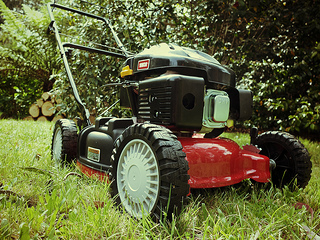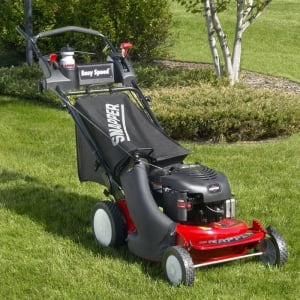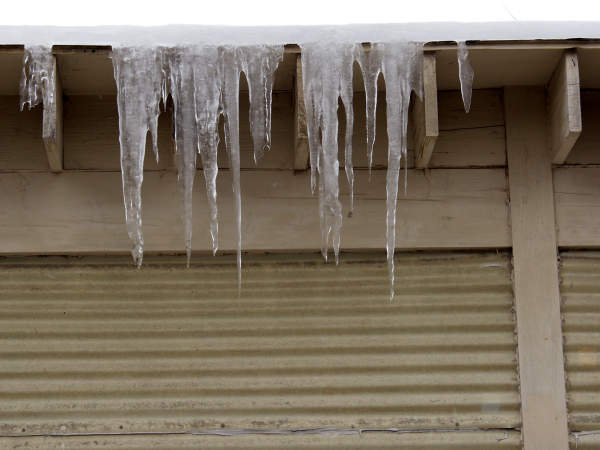Look Before You Pump
'Look Before You Pump' is the name for the educational campaign launched by the OPEI - the Outdoor Power Equipment Institute, designed to educate...
2 min read
Bell Performance : Feb 21 2014

The United States Environmental Protection Agency and market forces have made it increasingly difficult to find gasoline made without ethanol. Engines running gasoline fuel oxygenated with ethanol have many problems, while small equipment (gasoline engines running on a blend of fuel and oil) have real performance problems of their own.
 Prevention is the key to preserving long-lasting equipment whilst maintaining the power to do the jobs needed. Properly winterizing and summerizing your small equipment is a key part of the strategy to protect against ethanol damage. Chain saws, brush cutters, tillers, lawn mowers, and leaf blowers are some of the small gas-powered tools that may need winterizing.
Prevention is the key to preserving long-lasting equipment whilst maintaining the power to do the jobs needed. Properly winterizing and summerizing your small equipment is a key part of the strategy to protect against ethanol damage. Chain saws, brush cutters, tillers, lawn mowers, and leaf blowers are some of the small gas-powered tools that may need winterizing.
Ethanol is an alcohol additive that uses corn or cane sugar as its base. When ethanol mixes with gasoline, you get E10; this designation signifies that the fuel has 10 percent ethanol. The reason for including ethanol in gasoline blends is because it burns cleaner, causing engines using it to send fewer greenhouse gases to the atmosphere.
But the tradeoff is significant in both engine performance and potential engine damage.
When small equipment burns gasoline with ethanol, water contamination and fuel separation are the biggest threats. To say ethanol “soaks up water like a sponge” is correct; any water that ethanol meets, it absorbs. Eventually, the ethanol has absorbed so much water that it separates into layers. Gasoline is the top layer and the ethanol + water sinks to the bottom of fuel tanks as the bottom layer. If you start your engine and suck in the water layer, severe and sometime irreparable damage occurs.
Small two-stroke engines that run ethanol blends have even more problems. As water dilutes the oil blended with gas, the oil is unable to reach parts of the engine dependent on the oil in the fuel for lubrication. This leads to poor engine performance and the likelihood of engine damage. Storing your equipment properly for long periods helps avoid most of the ethanol related problems.
If you have followed all the steps for winterizing your small equipment, preparing it for warm weather is easy. Fill the tank with fuel, which has an additive mixed in at the proper ratio. Make sure the additive does not contain alcohol. You are good to go.
Photo Credit / Creative Commons / No Changes Made

'Look Before You Pump' is the name for the educational campaign launched by the OPEI - the Outdoor Power Equipment Institute, designed to educate...

Labor Day has come and gone and the weather will turn steadily colder. Our lawns and garden will need progressively less tending as the plants steel...

Winter is coming, so its time for many people around the country to put up their small equipment for the winter – lawn mowers and equipment, boats...